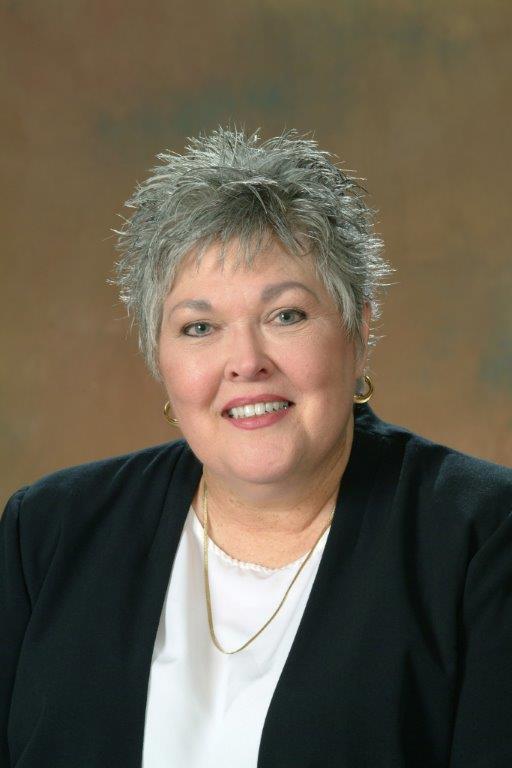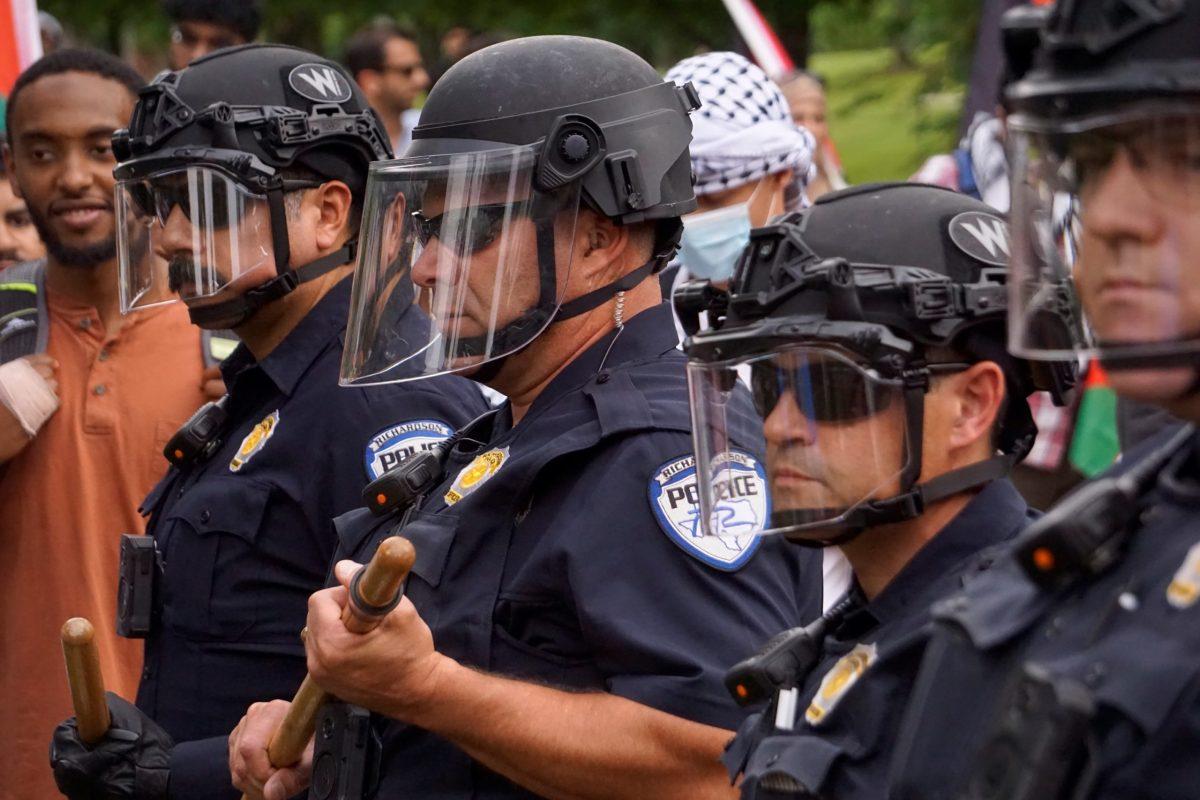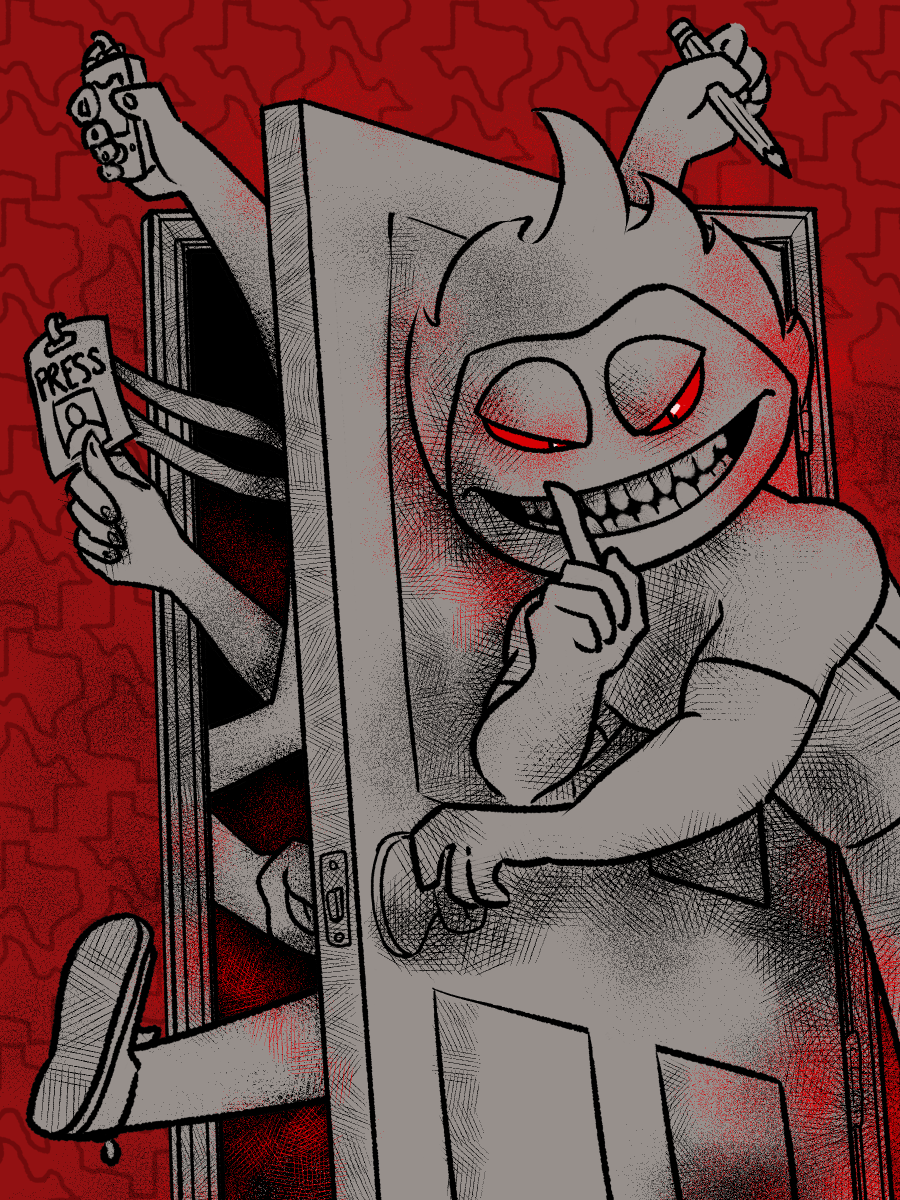What it’s like to live with someone on the front lines
My daughter is a healthcare worker at Parkland. She runs – actually runs – through most of her 12-hour shifts. I envision her shifts like marathon trials – wearing the mask she had on yesterday (they get three for the week due to shortages), her stethoscope swung over the back of her neck and swinging as she sprints from one task to the next. I see her washing her dry, cracked, sometimes bleeding hands and wiggling into another pair of plastic gloves before sweeping up syringes for the next patient’s blood draw.
When she comes home, she enters in the garage where she deposits all her clothing in a 5-gallon plastic bucket. Then, she puts on plastic gloves and goes straight to the shower where she spends a minimum of 20 minutes in scalding water, scrubbing down and washing her hair. Later, she will put on plastic gloves again to wash her clothing.
Although she doesn’t work in the COVID-19 ward, she is constantly threatened with exposure and afraid she will bring it home to me. With a chronic lung condition of sensitivity to the toxins in the air, I fall into that “older with a pre-existing condition” category.
We talked about what we’d do if we got sick. She could quit, but if nursing is your chosen field and you quit during a pandemic, no one will hire you after because you can’t be counted on when you are needed the most. So, we decided to work hard to stay well and work harder to care for each other if one of us got sick.
We wash our hands every time we walk by a sink and constantly wipe what we touch. We were without wipes for a while and used cotton cloths soaked in water and bleach to wipe everything down – doorknobs, the fridge, surfaces, etc. We think of it all the time – catching it – but it now stays unspoken: a constant, ominous companion in the little time we have together.
My daughter does everything: goes out to work, to the post office, grocery store, pharmacy. She is constantly exposed because of me, while I spend the majority of my day helping others. At UTD, I’m JSOM’s Business Communication Center Coordinator and an adjunct lecturer. BCC students and my students from class are experiencing a new level of anxiousness that requires my staff and me to reassure them on in ways we never anticipated. The demands on our time and effort as we work remotely are greater than ever. We’re glad to be there for them, but I do feel guilty giving students so much and my daughter so little.
The one thing I do for my daughter is to French braid her hair before her shifts. As I part her blonde, wet hair down the middle, we don’t speak. Her fine hair easily weaves into three interlocking parts. She hands me pins, and I take them from her fingers that look like they’ve been flayed. I secure the two braids in a pattern that encircles the back of her head like a halo. The wet hair up off her neck will help keep her cool during tonight’s trial. I look at her hair, I look at her tired face in the mirror. She is beautiful.
She’s sleeping now after a 13-hour shift, and I took a break from students to get a chicken out of the freezer to roast. We will most likely cook it in a couple of days before it goes bad because we will both be too tired to do anything tonight but sit on the sofa and not watch whatever is on TV.
I know we are lucky to still be well. I know we are lucky to still have jobs. And I know how incredibly fortunate I am to know this young woman as my daughter.






